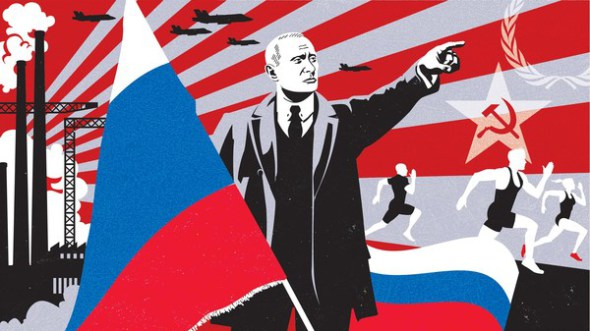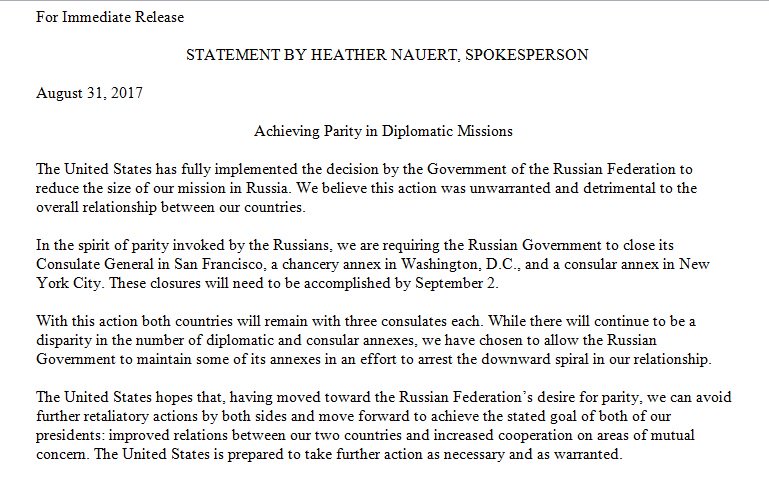Two years ago, Colin Kapernick began to take a knee in protest on racial injustice. That gesture has manifested and is now twisted into a race issue on national television on the field for all to see. Okay, we see it. What is the message today? What are the demands? Where is the cogent debate and proposed solutions? Why are kids in Pee Wee football taking a knee?
This began under the Obama administration and the Obama White House invited on countless occasions representatives to meet and work out the solutions that included re-tooling law enforcement and the approach of the Department of Justice. Now what? The fans are heartbroken and the division widens. So why not stand and work collectively? Let’s go deeper, shall we?
USAToday: In the course of everyday life, there are very few opportunities for the people of the United States to come together, pause and reflect on the hope that is only possible with freedom and democracy. Our national anthem is a statement of respect for this hope, not a declaration that those present agree with everything our nation does or fails to do.
That’s why members of the military and other public servants love sports and why sports love them. As the 18th chairman of the Joint Chiefs of Staff, I witnessed the public ritual of playing the national anthem at sporting events dozens of times and saw Americans rise above their own self interests and celebrate something that is greater than themselves. More recently, I was in Rio de Janeiro for the Olympics and stood with enormous pride as our flag was raised and the anthem played when outstanding athletes across a variety of sports were moved to tears by the honor of representing their country.
Life presents plenty of opportunities for us to disagree with one another and seemingly fewer opportunities on which we agree. Standing together during the national anthem at sporting events should be one of those times when we agree, when we focus on the things that bind us together, even as we prepare to let our voices be heard in disagreement about which team is the better team.
It’s important to remember that our military is composed entirely of volunteers. It obviously takes a special kind of patriotism for people to volunteer to risk their life for their country. Theirs is not blind patriotism that pretends there is nothing wrong with the country. Every man and woman in uniform knows we still have work to do to achieve the equality, opportunity and justice for all to which we aspire. But every member of the military also knows that what is right about America is worth defending. And if it’s worth defending, it’s worth honoring.
I spent my professional life defending individual rights, and I did so with the knowledge that sometimes people would use those rights in ways that might be hurtful or insensitive. I just hope that the athletes who are using the anthem as a protest understand why people like me intend to keep standing during the national anthem. We do so not because we agree with everything America has done, or everything that has been done in America’s name, but because despite all of that the world is a better place because America exists. That seems to me to be worth the honor of respect during the national anthem.
What’s wrong about America can’t be fixed unless we acknowledge, protect and, yes, honor what is right about America. For for those who don’t like standing because they disagree with what America has done, stand and pay it forward for what you think America should do. Then, as the last echoes of the anthem fade away, go back to arguing for change from that foundation of promise that is the national anthem.
Martin E. Dempsey is a retired Army general, a Duke University Rubenstein Fellow and chairman of the Jr. NBA Leadership Council.
***
Last month, the Atlanta Falcons opened Mercedes-Benz Stadium, the 22nd new NFL stadium built or renovated over the last 20 years. Almost half of the total cost of new stadiums — $5.9 billion — came from public funding from state and local governments. And that doesn’t even include the $750 million that Nevada’s legislature gave to the Raiders last fall.
New England’s Gillette Stadium opened in 2002 for a comparatively modest $542 million. Local taxpayers paid “only” $72 million of that — a bargain considering that the average public subsidy for NFL stadiums is $266 million. In comparison, the Chiefs updated Arrowhead Stadium with a $375 million renovation in 2010, with state and local governments covering two-thirds of the cost. But that’s not all Missouri taxpayers are on the hook for.
Kansas City, Jackson County, and the state of Missouri also contribute around $8.5 million annually to a special maintenance fund for stadium upkeep. But here’s the real kicker: In 2012 a whistleblower revealed that an amendment to the stadium lease contract allows the team to use the money for management and operations expenses. From 2007 through 2012 the Chiefs spent $18.3 million on non-maintenance purposes, including more than $800,000 in payroll taxes.
That’s right, the Chiefs are using taxpayer money to pay their own taxes.
Even more infuriating, the public subsidies given to the Chiefs could have bought taxpayers every ticket in the stadium for the last seven seasons.
That suggestion is absurd, of course — just like the idea that people who will never tangibly benefit from a stadium should pay for it. But it illustrates an important tradeoff: Public money spent on professional sports can’t support schools, police or roads.
Beyond lost public services, a large body of academic research conclusively shows that the “economic development” promised by stadium subsidy advocates never materializes. Instead, fans simply shift their spending from one kind of entertainment to another, creating winners and losers among local bars, restaurants and entertainment venues.
Sadly, this problem is not new. In the 1986 tax reform, Congress tried to reduce the amount of public money spent on private projects. Instead, it made the problem much worse by increasing the incentive to use tax-exempt municipal bonds for stadium subsidies. Then-Sen. Daniel Patrick Moynihan, D-New York, spent the rest of his career trying to close the loophole he accidentally helped create, to no avail.
Now, research by the Brookings Institution estimates that the 17 NFL stadiums built since 2000 have effectively collected $1.1 billion in federal subsidies.
Earlier this year, Sens. Cory Booker, D-New Jersey, and James Lankford, R-Oklahoma, picked up Moynihan’s torch with a bipartisan proposal to remove the tax exemption for sports facility funding. It’s not a silver bullet — like economist Art Rolnick’s suggestion that the IRS tax any stadium subsidy at a rate of 100 percent — but it’s a first step.
Polls suggest 70 percent of Americans are against stadium subsidies, so it seems strange that the special interests who advocate for them would have a winning record. This is a classic case of “concentrated benefits and dispersed costs,” meaning the costs of any stadium subsidy are spread out over a large number of people, while the benefits go toward a select few.
So team owners have good reason to fight hard for the handout, while each individual taxpayer has less motivation to avoid their small share of costs. In situations like this, it’s actually more surprising when the underdog wins, like when San Diego voters rejected a stadium subsidy for the Chargers last year.
But to paraphrase Ice-T, we shouldn’t hate the players, we should hate the game. Our political system is set up to allow sports teams to pursue government handouts. That’s why broad reforms addressing the root of the problem, like ending the municipal bond tax exemption, are so important. Just like the NFL tweaks the rules each year, policymakers need to address how to make football fair for taxpayers.

 Photo
Photo


